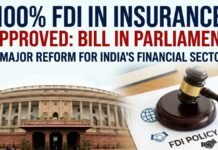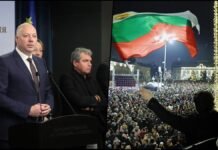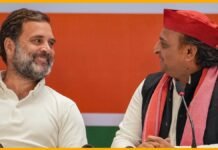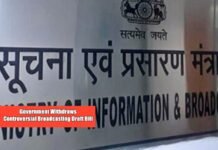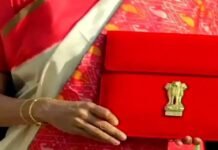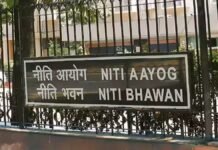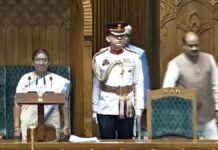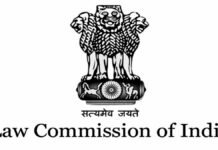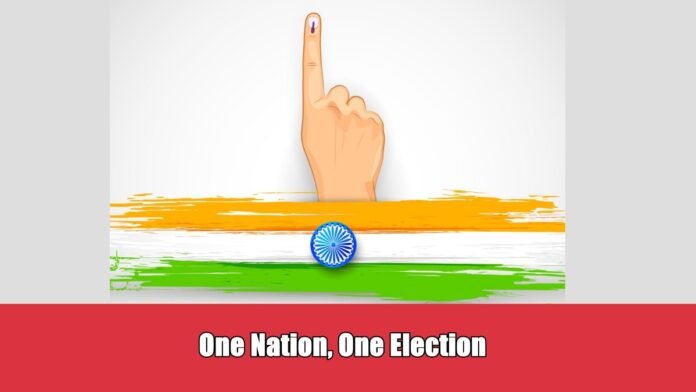
Key Points:
- Cabinet Approval: Modi government approves the “One Nation, One Election” bill, paving the way for simultaneous elections in India.
- Implementation Timeline: Proposed rollout could see synchronized elections for Lok Sabha and state assemblies by 2029, with local body polls included within 100 days.
- Ramnath Kovind’s Recommendations: A high-level committee recommends constitutional amendments to align with the new electoral system.
- Challenges Ahead: Shortening or extending assembly terms and nationwide consensus required for implementation.
New Delhi: The Indian government, under the leadership of Prime Minister Narendra Modi, has taken a landmark decision to approve the “One Nation, One Election” bill during a cabinet meeting held on Thursday, December 12. This proposal aims to streamline the electoral process by conducting simultaneous elections for the Lok Sabha, state assemblies, and local bodies.
The bill, once introduced in Parliament, will seek to overhaul India’s election system, currently characterized by staggered polls across states. This move is seen as a significant step toward reducing electoral fatigue, saving resources, and ensuring a synchronized governance cycle nationwide.
The Role of the Ramnath Kovind Committee
The foundation for this historic bill was laid by a committee headed by former President Ramnath Kovind. Key recommendations from the committee include:
- Simultaneous Polls: Holding Lok Sabha and state assembly elections at the same time, followed by local body elections within 100 days.
- Hung Assemblies & No-Confidence Scenarios: Provisions for fresh elections in such situations, with the term of the new assembly or Parliament limited to the remaining tenure of the original term.
- Constitutional Compliance: Recommendations align with the constitutional framework, requiring only minimal amendments.
The committee emphasized the need for nationwide consensus and extensive consultation with all political parties before tabling the bill in Parliament.
Proposed Timeline and Challenges
While the bill has been approved by the cabinet, its implementation faces logistical and constitutional hurdles:
- Assembly Term Adjustments: The terms of multiple state assemblies may need to be shortened or extended to align with the Lok Sabha election cycle.
- Consensus Among Parties: A Joint Parliamentary Committee (JPC) will be formed to gather inputs from all political parties, ensuring broader agreement.
- Gradual Rollout: If implemented, the first unified elections could occur as early as December 2026, with complete synchronization by 2029.
Potential Benefits and Concerns
Benefits:
- Cost savings by reducing the frequency of elections.
- Consistency in governance and policymaking.
- Reduced administrative burden on Election Commission and government machinery.
Concerns:
- Need for significant constitutional amendments.
- Disruptions to federal structure and state autonomy.
- Logistical challenges in conducting nationwide elections simultaneously.
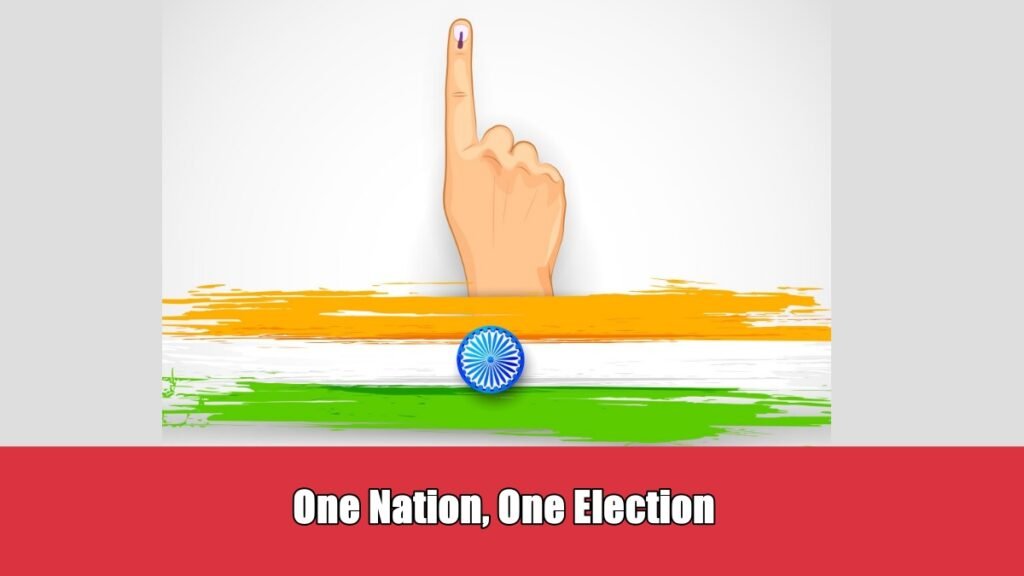
As India moves closer to realizing the vision of One Nation, One Election, the proposed bill marks a bold and transformative shift in the country’s electoral framework. The Modi government’s emphasis on consensus and constitutional alignment indicates its commitment to implementing this ambitious reform with inclusivity and care.
If successful, this initiative could redefine India’s democratic processes, making them more efficient and streamlined while ensuring stability in governance.


